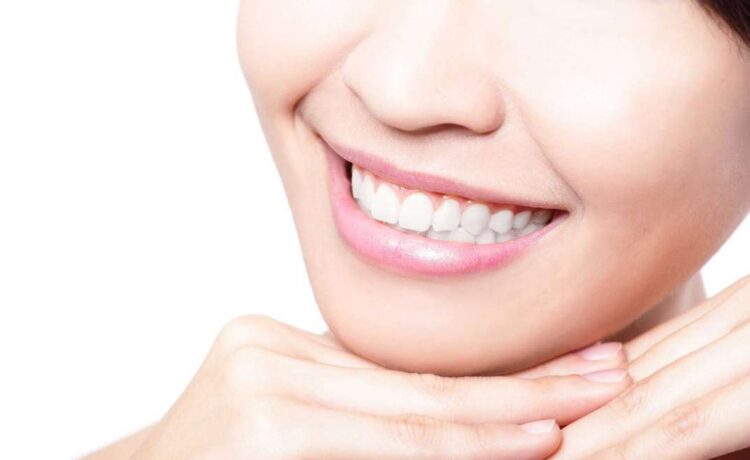Bruxism, a habitual grinding or clenching of the teeth, affects millions of people worldwide, causing tooth wear, jaw pain, and headaches. As a trusted dentist in Thousand Oaks, we understand the importance of managing bruxism to prevent these complications and ensure optimal oral health. One of the most effective ways to manage bruxism is by using a mouthguard, a custom-made appliance that absorbs the forces of grinding and clenching, protecting the teeth and jaw from damage.
In this article, we will explore the role of mouthguards in patients with bruxism, including their benefits, types, and how to choose the right one.
What is Bruxism?
Bruxism is a habitual grinding or clenching of the teeth, often accompanied by jaw clenching and facial tension. This condition can occur during the day or at night and can be caused by a range of factors, including stress, anxiety, and misaligned teeth.
Types of Mouthguards for Bruxism
There are several types of mouthguards available for patients with bruxism, including:
- Custom-Made Mouthguards: These mouthguards are designed and fabricated by a dentist to fit the individual’s teeth and jaw.
- Boil-and-Bite Mouthguards: These mouthguards are purchased over the counter and are customized by boiling and biting into the device.
- Stock Mouthguards: These mouthguards are purchased over the counter and are not customized to fit the individual’s teeth and jaw.
What Are The Consequences of Bruxism?
Bruxism can lead to a range of problems, including:
- Tooth Wear: Grinding and clenching can wear down the teeth, leading to a flattened or chipped appearance.
- Jaw Pain: Bruxism can cause pain and stiffness in the jaw, face, and temples.
- Headaches: Grinding and clenching can lead to tension headaches and migraines.
- Sleep Disturbances: Bruxism can disrupt sleep patterns, leading to fatigue and other related problems.
What is The Role of Mouthguards in Managing Bruxism?
Mouthguards are a crucial component in managing bruxism. These devices are designed to absorb the forces of grinding and clenching, protecting the teeth and jaw from damage. Mouthguards can be custom-made or purchased over the counter and are typically worn at night to prevent grinding and clenching during sleep.
What Are The Benefits of Mouthguards for Bruxism?
Mouthguards offer a range of benefits for patients with bruxism, including:
- Tooth Protection: Mouthguards absorb the forces of grinding and clenching, protecting the teeth from wear and damage.
- Jaw Relief: Mouthguards can help to reduce jaw pain and stiffness by absorbing the forces of grinding and clenching.
- Improved Sleep: Mouthguards can help to improve sleep quality by reducing the frequency and severity of grinding and clenching episodes.
- Reduced Headaches: Mouthguards can help to reduce the frequency and severity of headaches caused by grinding and clenching.

How to Choose the Right Mouthguard for Bruxism?
Choosing the right mouthguard for bruxism can be a daunting task, but here are some tips to consider:
- Consult a Dentist: Consult with a dentist to determine the best course of treatment for your bruxism.
- Consider a Custom-Made Mouthguard: Custom-made mouthguards offer superior fit and protection compared to over-the-counter options.
- Look for a Mouthguard with a Hard Outer Layer and a Soft Inner Layer: This design provides optimal protection and comfort.
- Choose a Mouthguard that is Easy to Clean and Maintain: A mouthguard that is easy to clean and maintain can help to prevent the buildup of bacteria and other microorganisms.
Final Words
Bruxism is a common condition that can lead to a range of problems, including tooth wear, jaw pain, and headaches. Mouthguards are a crucial component in managing bruxism, offering a range of benefits including tooth protection, jaw relief, improved sleep, and reduced headaches. By understanding the role of mouthguards in managing bruxism and how to choose the right one, patients can take the first step towards achieving a healthier, more comfortable smile.

